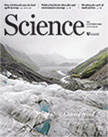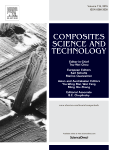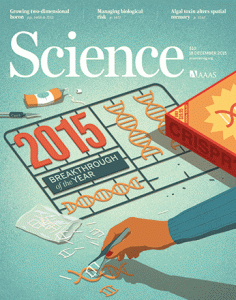 Science has retracted an August paper on an interesting electric current researchers observed in a kind of material called a topological insulator. Well, a current the researchers — based at Stanford and MIT — thought they had observed.
Science has retracted an August paper on an interesting electric current researchers observed in a kind of material called a topological insulator. Well, a current the researchers — based at Stanford and MIT — thought they had observed.
A magnetic field with particular attributes reported in the paper seemed to provide evidence of the current. But the researchers soon discovered that the field might have been, in part, an artifact of the very device they used to detect it. The authors, along with a few other researchers, have published that subsequent finding on the physics preprint server, arXiv.
Here’s the retraction note:
Continue reading Science retracts physics paper after magnetic field wasn’t what it seemed

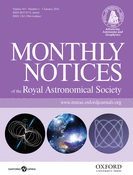 A group of astrophysicists has notched a pair of corrections for papers on galaxy clusters, thanks to an error that affected several figures in the papers, but not the overall conclusions.
A group of astrophysicists has notched a pair of corrections for papers on galaxy clusters, thanks to an error that affected several figures in the papers, but not the overall conclusions.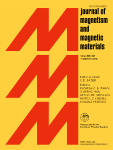

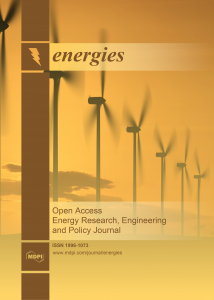 An electrical engineering
An electrical engineering 